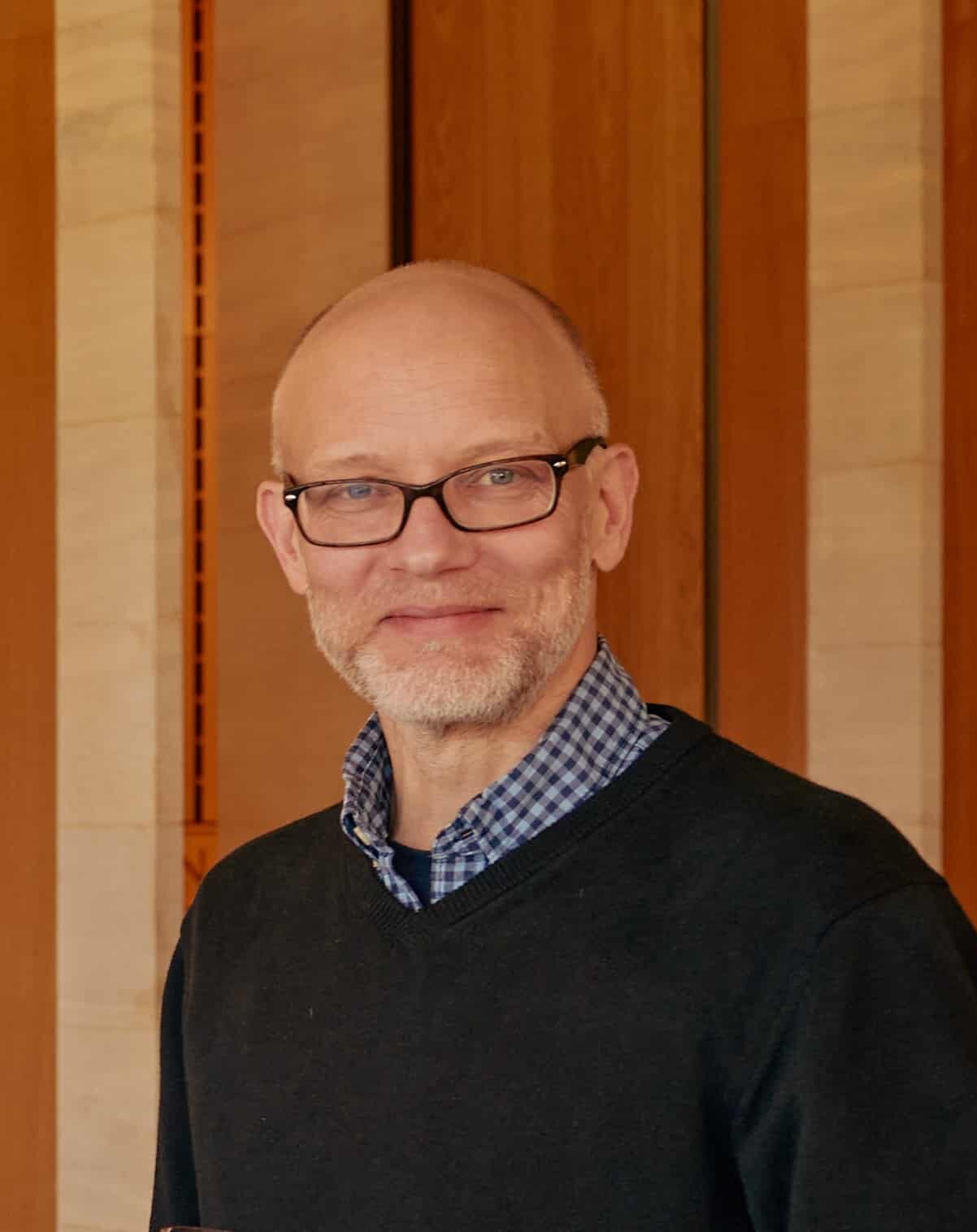
Professor Benjamin Morgan
Fellow & Tutor in German
Professor of German and Comparative Literature
Education
MA DPhil (Oxford)
Benjamin Morgan is Professor of German and Comparative Literature and Chair of the German Department at the University of Oxford, specialising in German intellectual history. He has published widely on key issues and figures from Meister Eckhart in the fourteenth Century, to contemporary German philosophers such as Christoph Menke. Combining this rich body of thought with phenomenology, evolutionary and cultural theory, psychology, and 4E cognition, he has contributed to the History of Distributed Cognition (Edinburgh UP, 2020), and co-edited ‘Situated Cognition and the Study of Culture’ (Poetics Today 2017).
His monograph On Becoming God (Fordham UP, 2013) transforms contemporary discussions of the ‘self.’ His current book project, Reclaiming Liberalism: The Virtues of a Democratic Society, responds to the crises many liberal democracies face today. Building upon the tradition of liberal thinkers, particularly from the German-speaking world, alongside current research in the cognitive sciences, Morgan develops ways of thinking clearly about the how and why humans develop the cultural interactions that form the social capital on which complex modern societies, and indeed democracy itself, depend.
German language and literature: special interests in German intellectual history; German film; the cross-over between the cognitive sciences and phenomenology
I supervise graduate work on the cultural history of the German speaking world from the late 19th century to the present: literature, philosophy, film and other cultural institutions in a cultural context.
DPhil topics supervised to date: German film 1930-1950; Heidegger and French post-structuralism; Heidegger and Nietzsche; the ‘Neues Museum’ as a new paradigm of cultural memory; the everyday in Berlin and Vienna circa 1900; Journal Culture in the Weimar Republic; Agency in the films of Petzold, Akın, Tykwer; Genre in contemporary German narrative film, esp. Dominik Graf; The poetry of Thomas Kling in the context of BRD in the 1970s and 1980s; a comparative approach to the work of Thomas Bernhard; the international high and pop cultural reception of Thomas Mann’s ‘Zauberberg’; Embodied cognition in German modernism; the metaphor of ‘games’ in Wittgenstein and Hermann Hesse; Gerda Walther’s phenomenology in the context of German modernism; Walter Benjamin and Calderon; Wittgenstein, creativity and AI.








